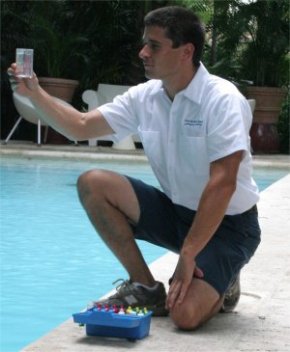Listed here are the tips:
• When a automatic swimming pool cleaner reduces, the very first achievable problem you should look into is the automobiles. Robotic swimming pool cleaners do not run from a hydraulic system, it runs from AC power. Most of these equipment have a light that indicates regardless of whether something is wrong with the power source. First examine the transformer, which might lead you to changing the fuse.
• If the unit is still limp, then something could be the belts. Like anything else, these do degrade, so after a few months of constant deterioration, they might become worn out which causes the machine to be fussy. When replacing this, make sure that the wheel tubes are straight. These are what the belt moves along, therefore they are not straight, the belt will fall off, even when it is new.
• If the robotic swimming pool cleaner’s power is working, but it is not suctioning right, then bring the cleanser out of the water, power it down and disconnect it. Open it up and take away the vent cap. Then check for debris and any other objects in the way.
• After the debris is taken off, then check the impeller’s rotation. Try to safely move it manually. If you are having problems shifting it, then plug the machine way back in and switch it on. If the impeller does not move, after that the motor must have shorted out, and you are going to need to replace it.
• If the machine is having trouble climbing walls, then might have to replace the motor too.
• NEVER remove the robotic swimming pool cleaner from out of the water by the power cord. This will most likely give you an electric shock!!! Click here for awesome pool services.

